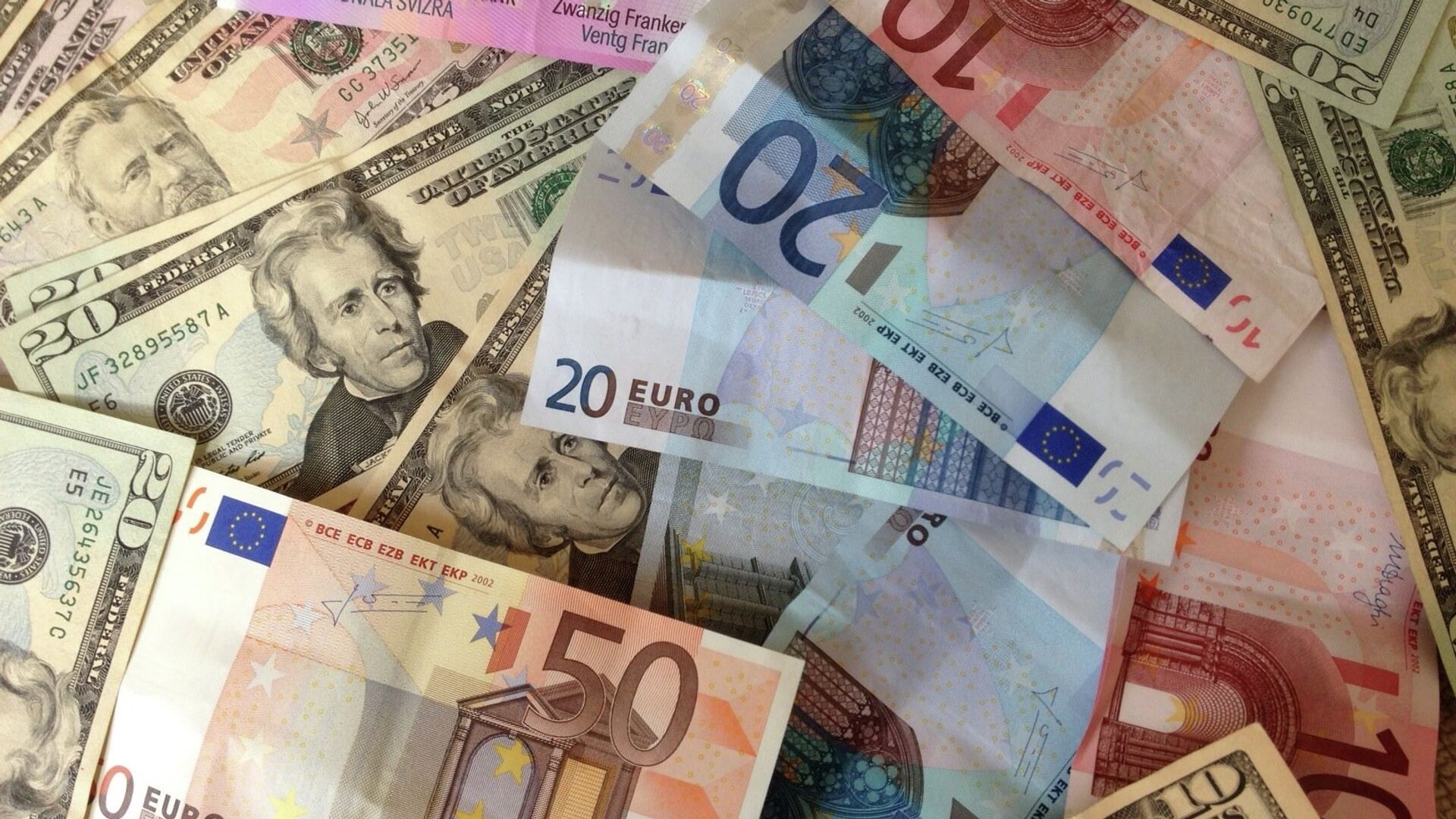https://sputnikglobe.com/20230923/does-positive-thinking-result-in-a-negative-bank-balance-1113610828.html
Does Positive Thinking Result in a Negative Bank Balance?
Does Positive Thinking Result in a Negative Bank Balance?
Sputnik International
Internet and media reinforce our natural desire to be rich and famous. Yet the irrational belief in imminent success leads to poor financial judgment and risky investments.
2023-09-23T14:32+0000
2023-09-23T14:32+0000
2023-09-23T14:32+0000
beyond politics
psychology
behavioral economics
university of queensland
positive thinking
tiktok
https://cdn1.img.sputnikglobe.com/img/102104/95/1021049542_0:153:1632:1071_1920x0_80_0_0_e42b31c908469851b1304cef9c57e016.jpg
Social media has a never-ending supply of experts and gurus who persuade their followers that they can somehow mentally manifest their future financial or social success. Just think long enough about a top brass position in an investment bank or a red sports car – and eventually you will get them. However, new research shows that such thinking is not only obviously useless – it may lead you to quite the opposition result: bankruptcy and poverty.Researchers from the University of Queensland in Australia studied the lives of over 1000 participants of experiments ranked by the strength of their irrational beliefs in positive thinking and Universe-answers-your-calls outlook.Those who took these ideas seriously perceived themselves as more financially successful or thought that they were eventually destined for success. Their credit card reality, however, was quite different.Researchers allege that belief in quickly achieving “an unlikely level of success” naturally drew participants to high-risk investments and even Ponzi schemes –with bankruptcy as an ultimate result. Authors of the research caution that the world is “filled with self-described experts, gurus, and influencers who promise success” without any “solid evidence” that their methods can work out.Researchers believe that social media reinforces the idea of positive thinking through self-proclaimed coaches and their promises of shortcuts to wealth and fame. According to their calculations, TikTok videos with relevant “success” tags gained over 34 billion views in May.Yet they stress that a constant gloom-and-doom outlook is also not a 100% solution and an optimistic approach may be helpful –unless it becomes detached from reality.
https://sputnikglobe.com/20230527/big-city-nights-science-challenges-belief-that-urban-areas-invoke-depression--1110612226.html
Sputnik International
feedback@sputniknews.com
+74956456601
MIA „Rossiya Segodnya“
2023
News
en_EN
Sputnik International
feedback@sputniknews.com
+74956456601
MIA „Rossiya Segodnya“
Sputnik International
feedback@sputniknews.com
+74956456601
MIA „Rossiya Segodnya“
positive thinking, risky investments, behavioral economics
positive thinking, risky investments, behavioral economics
Does Positive Thinking Result in a Negative Bank Balance?
Internet and media reinforce our desire to be rich and famous. Yet the irrational belief in imminent success leads to poor financial judgment and risky investments.
Social media has a never-ending supply of experts and gurus who persuade their followers that they can somehow mentally manifest their future financial or social success. Just think long enough about a top brass position in an investment bank or a red sports car – and eventually you will get them. However,
new research shows that such thinking is not only obviously useless – it may lead you to quite the opposition result: bankruptcy and poverty.
Researchers from the University of Queensland in Australia studied the lives of over 1000 participants of experiments ranked by the strength of their irrational beliefs in positive thinking and Universe-answers-your-calls outlook.
Those who took these ideas seriously perceived themselves as more financially successful or thought that they were eventually destined for success. Their credit card reality, however, was quite different.
Researchers allege that belief in quickly achieving “an unlikely level of success” naturally drew participants
to high-risk investments and even Ponzi schemes –with bankruptcy as an ultimate result. Authors of the research caution that the world is “filled with self-described experts, gurus, and influencers who promise success” without any “solid evidence” that their methods can work out.
Researchers believe
that social media reinforces the idea of positive thinking through self-proclaimed coaches and their promises of shortcuts to wealth and fame. According to their calculations, TikTok videos with relevant “success” tags gained over 34 billion views in May.
Yet they stress that a constant gloom-and-doom outlook is also not a 100% solution and an optimistic approach may be helpful –unless it becomes detached from reality.



